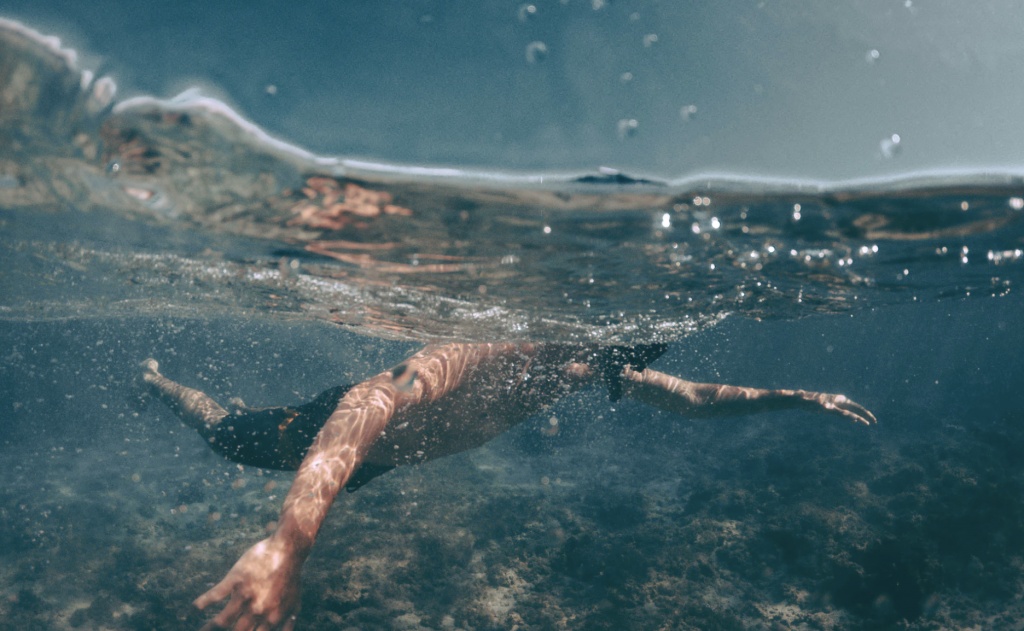When you get lost at sea, the survival time can dramatically change depending on various factors. Particularly, swimming skills, water temperature, and the individual’s tendency to panic are the main factors affecting this duration.
Risk of Drowning Within Seconds
Many people who unexpectedly fall into the sea without swimming skills or any swimming aid equipment immediately face the risk of drowning. This is especially true for those who are not aware of water safety techniques. A person who cannot swim naturally panics when they fall into the water, which triggers an instinctive drowning response. Research shows that people in panic may thrash, scream, and accidentally inhale air, which can make breathing even more difficult.
Loss of Control and Risk of Drowning in a Panic Situation
Even skilled swimmers can lose control during moments of fear and panic. Panic can lead to irrational actions and ultimately drowning. Therefore, the survival time in the sea depends on a swimmer’s ability to remain calm and composed, which can vary from a few seconds to several minutes.
Struggle to Survive in Cold Water Conditions
The effects of cold water are even more serious. The human body rapidly loses body heat when exposed to cold water, increasing the risk of hypothermia. Cold shock response makes it difficult to breathe and creates additional stress on the heart. If a person cannot adapt to cold water, their survival time is generally limited to a few minutes.
Basic Marine Techniques to Know for Survival
However, knowing open sea survival techniques can turn the situation in your favor. Techniques like lying on your back, staying calm, controlling your breath, and managing to stay afloat can help a person remain on the surface for a longer duration. In this scenario, staying motionless helps to preserve body heat in cold water by directing the blood from the extremities to the internal organs.
In conclusion, when you get lost at sea, your survival time varies depending on the existing conditions, personal skills, and psychological state. Experts emphasize that marine safety training and being prepared can increase your chances of survival in such situations.
Source: Sailing Savvy
